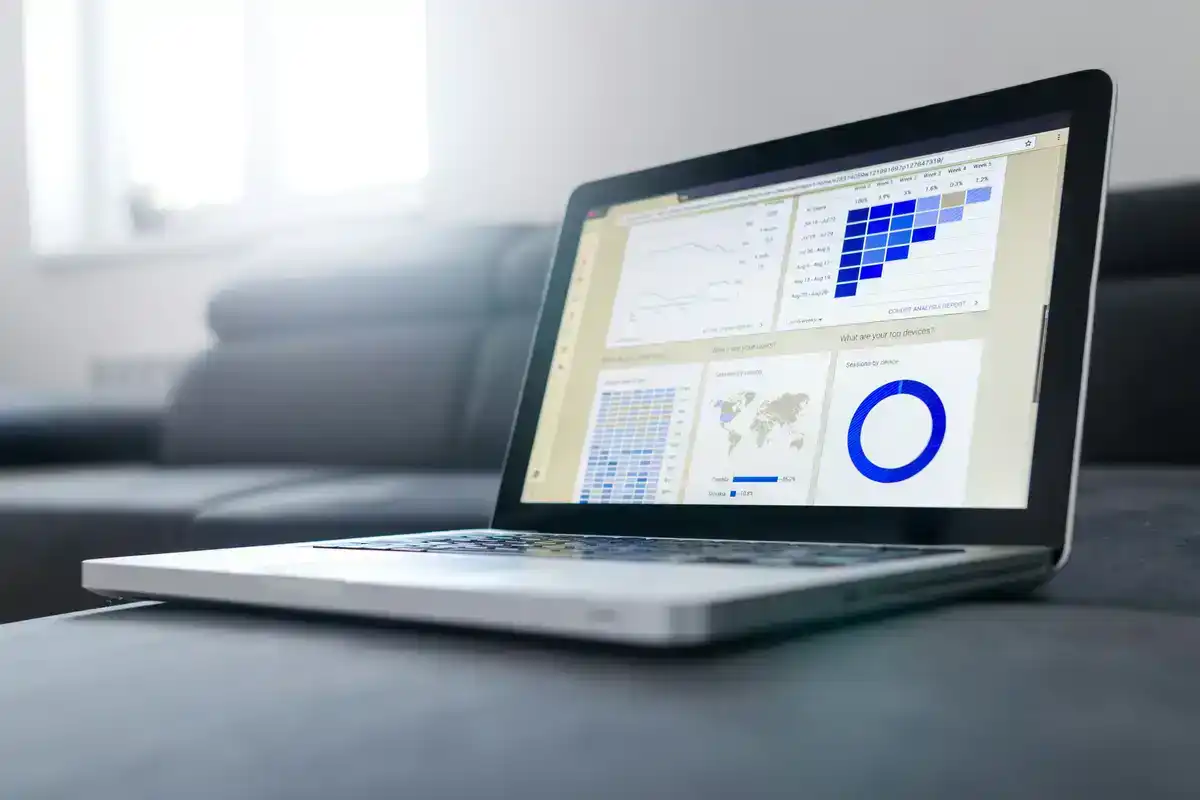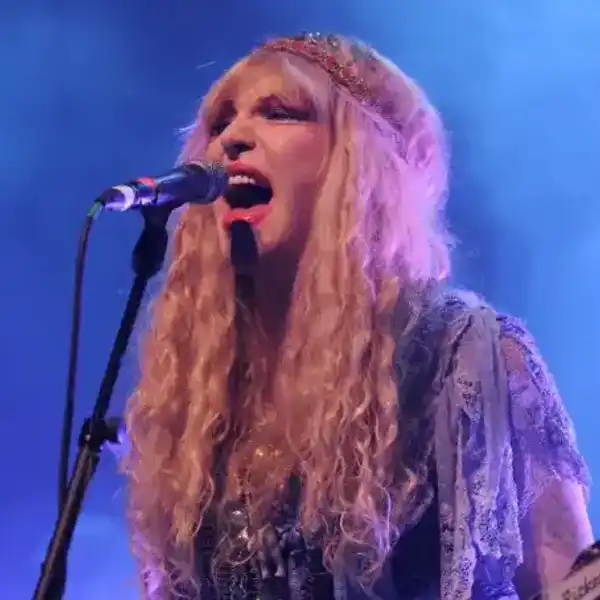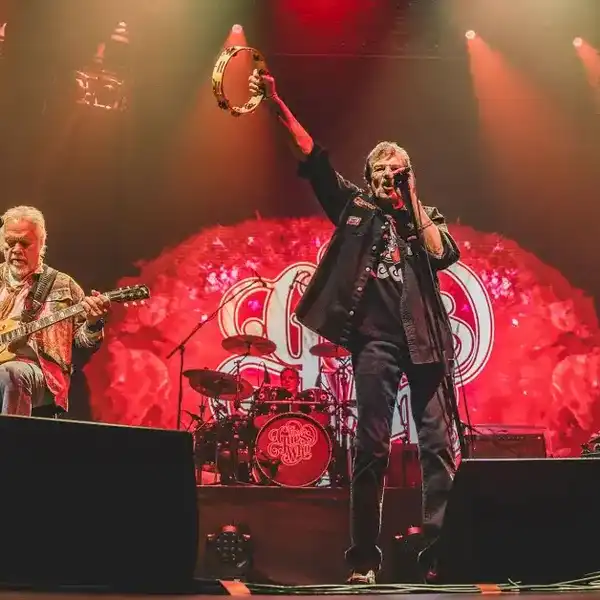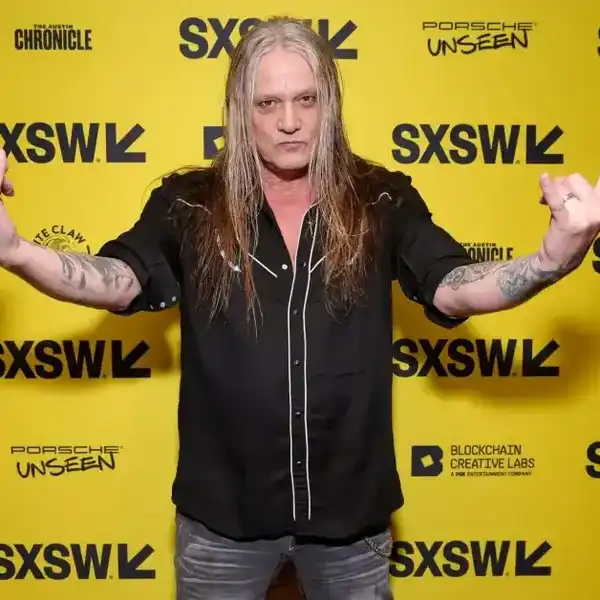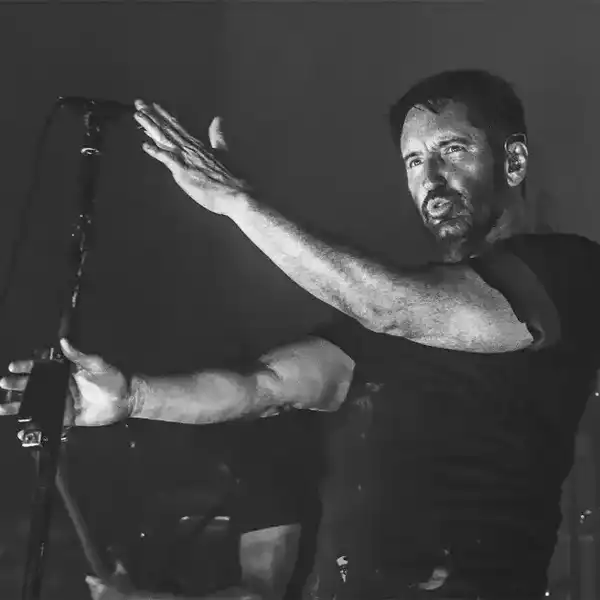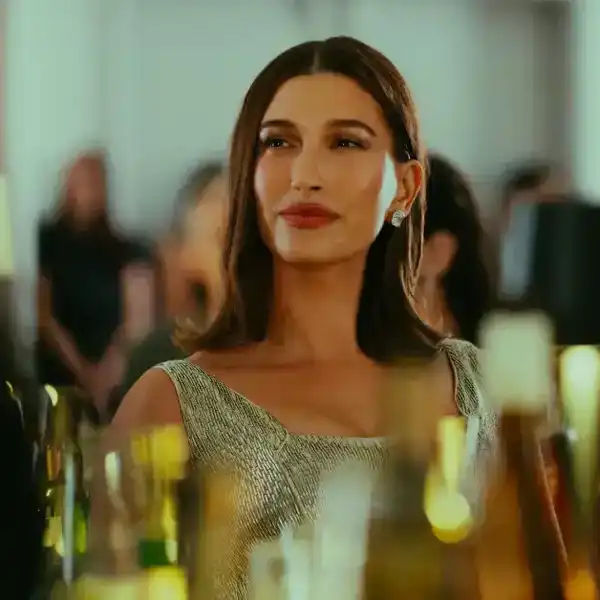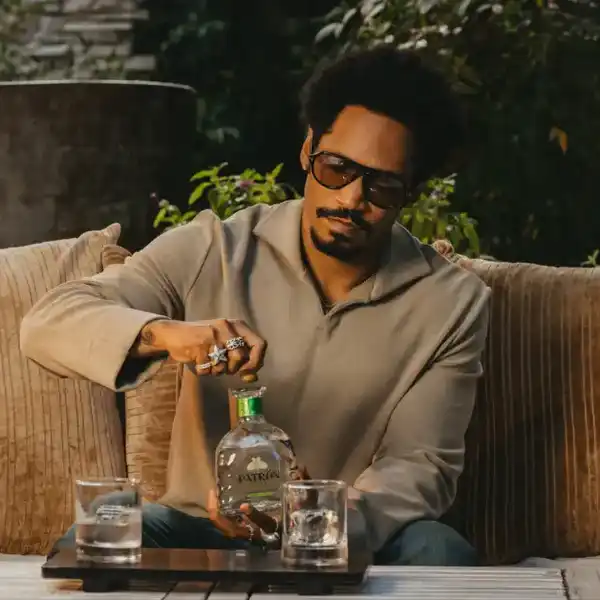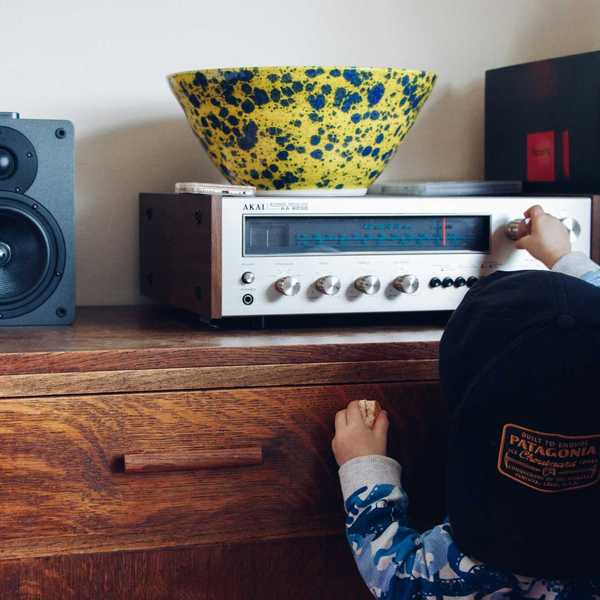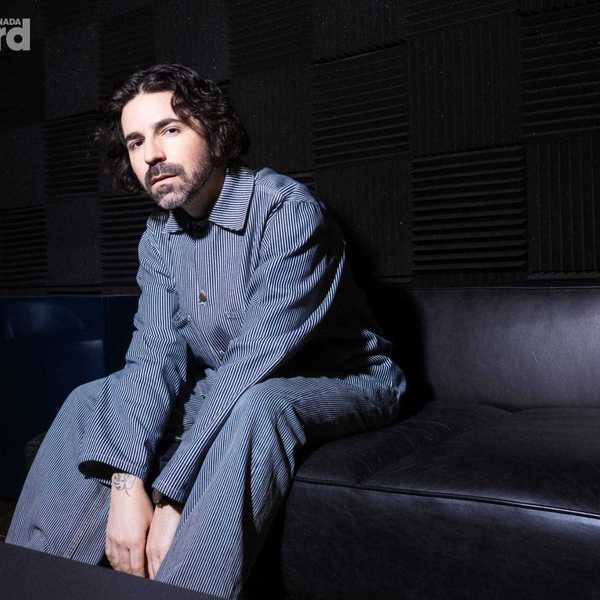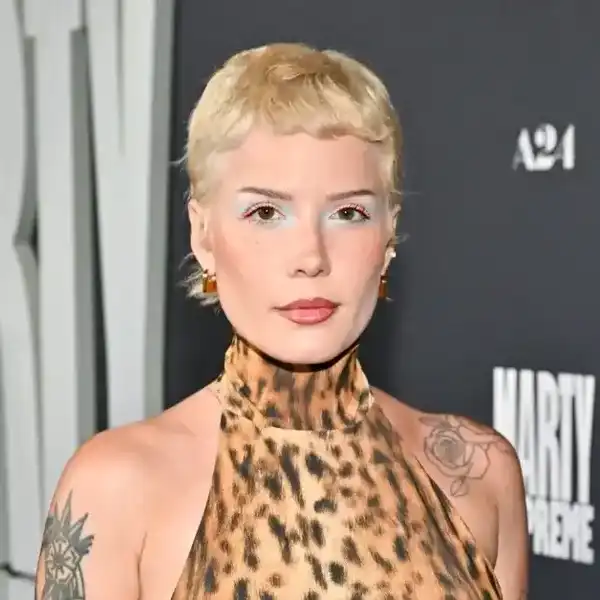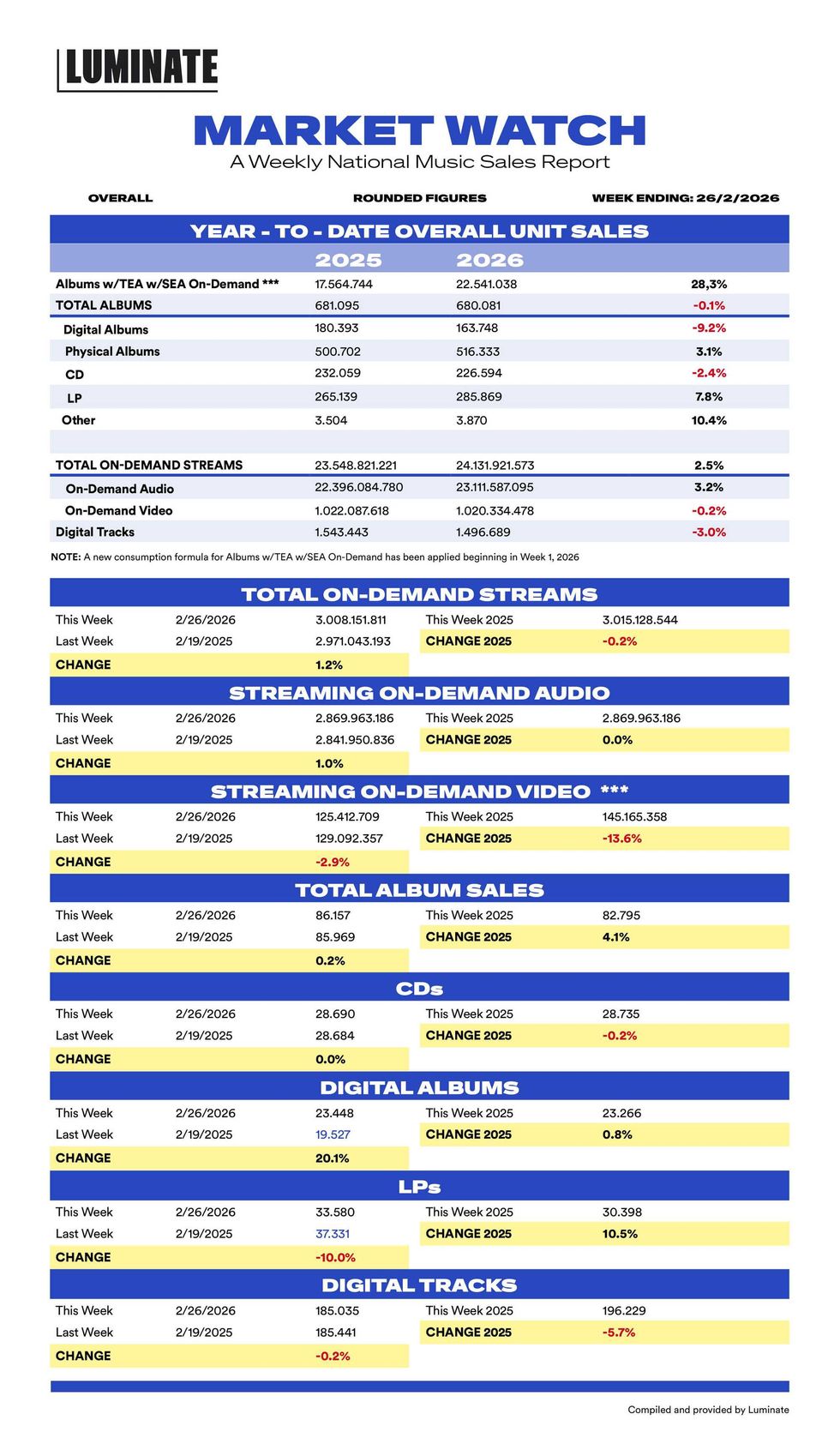A Conversation With ... Erin Davis
Where conversations go is a matter of listening then reacting. I’m a big fan of that give and take, and a news junkie of sorts.
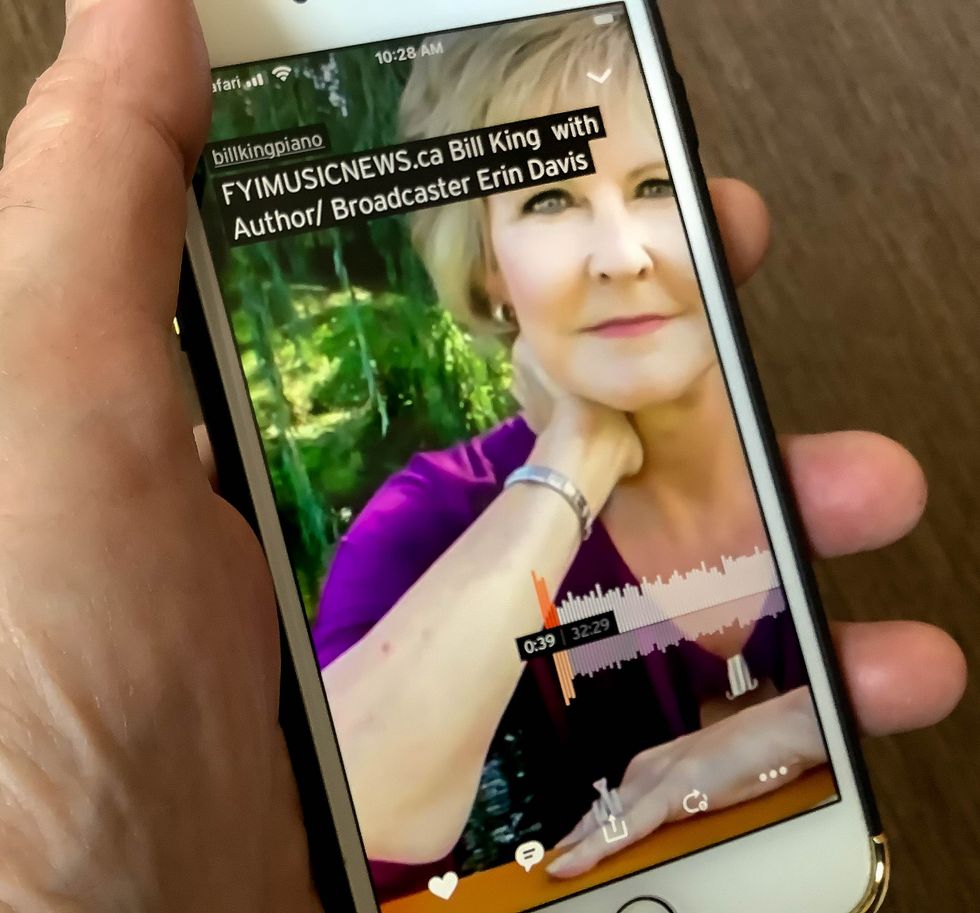
By Bill King
Where conversations go is a matter of listening then reacting. I’m a big fan of that give and take, and a news junkie of sorts. I’m always listening for that complete paragraph of unbroken thought, clarity in that response. That gem of wisdom undetected in most partisan rants. And how that voice connects with an audience?
Author and broadcaster Erin Davis has been on the front lines of that long conversation for several decades. Co-anchoring the most listened-in-to radio shows of our times at CHFI-FM as a morning drive co-host, evening commentary on CFTO (now CTV Toronto) Global TV and 200 episodes of nightly commentary on Rogers Television. Davis, as she lovingly addresses “dance partners” Don Daynard and Mike Cooper, rode the ratings train to the summit and held onto that position off and on over two decades. Retirement hasn’t slowed the affable and media-driven personality who along with husband Rob Whitehead produce three ongoing podcasts. Twice weekly Davis keeps in touch with her base through Erin’s Journals, an inspirational support blog and in 2019 authored Mourning Has Broken: Love, Loss& Reclaiming Joy principally a conversation about the loss and grief that follows losing a child. 2015, the Davis family endured the passing of daughter Lauren to unspecified causes. In 2020, Davis was named to the Canadian Music & Broadcast Industry Hall of Fame. We spoke!
Bill King: I do not know if you remember, going back possibly 15 years ago, I sat side-stage behind the piano playing for vocalist June Garber. This was a night in support of women fighting breast cancer—the Canadian Breast Cancer Foundation.
Erin Davis: Right across from Roy Thomson Hall in the lobby, I think.
B.K: I remembered the emotion of that night and the stories from each woman as they came out and addressed the audience, and for somebody who is a piano player, a professional musician, I was in tears. I have never had a chance to tell you about this and how impressed I was by the way you handled the evening—just brilliant.
E.D: It all starts like so many of these connections do, with a friend who says, hey, could you do this? And if you have not got a good reason, why not? And you feel like you can help, why the heck not? Right.
That is why we have been given the gifts that we have, the gifts that you have. And unfortunately, we have gifts that a lot of people think should be for free for charities and they should be. But at times it is like, “Hey, you play the piano. Why don’t you come over to my house? We’re having a cocktail party and why don’t just play, and I’ll give you a free meal.”
B.K: I remember those gigs.
E.D: Yeah, no kidding.
B.K: Speaking of the piano, you did some free gigs. I mean, you did gigs at the beginning playing piano in local restaurants when you were hosting CIGL-FM.
E.D: That’s right, in Belleville, Ontario. Oh my God, I had more nerve than a canal horse because I could only play and still can only play in the key of C. I had two sisters and one of them had perfect pitch and she went on to become the first female conductor in the armed forces music. So that’s one sister; the other one gets her Grade 10 conservatory and there’s me just sitting in the dark late at night and playing songs that I like, but only in the key of C. That translated into a beautiful union gig, which was more money than I’d ever seen in my life when I was going to college in the ‘80s. And it was—it was great.
B.K: Did you ever try to move on to B flat or F?
E.D: All those black keys? No. I can play in F because I can find my way around a Bb7 if I have to. Later, I was in a 10- or 11-piece band with my husband (Rob Whiteside), and we did cruises, some big fun corporate gigs, but the transposer on my keyboard was a godsend. Between songs, they would always be kind of killing time while Aaron went one, two, three, four, five, six, seven, eight to get it up to the right key. This must be just so insulting for someone like you who is a professional and learned his stuff, because I know my sisters never let me forget it.
B.K: I look at music as food to me. At times you may think you own it, that’s how personal that relationship can be, but music truly belongs to everyone. During Covid, music plays an influential part in people’s daily lives. It is nurturing and calming.
E.D: Absolutely. You know what, one of the things I do as a podcast for the Canadian Real Estate Association, and when we had this guest on one of her points was, stop living in somebody else’s house. Bring out the things that are you, that are yours. And right after that chat, we brought my husband’s guitars out of the basement. Now we have got a couple of Ovations hanging on the wall and his Hofner is in a stand next to a violin in a case that has got sheet music behind it that is hanging on the wall. We have integrated music into our lives, in an art sense too. Now, because they are hanging on the wall, he might just walk by that Yamaha classical, pull it off the hook and sit down and play it. Making sure that they are out of their cases and yeah, there’s dusting to do, but there is all 2022 to do that. It’s just bringing the music back into your life and reminding you that it’s there and it’s waiting for you to bring it back into your heart.
B.K: We have to look at Covid from the other side. It is free time; it is gifted time that allows you space to do the things you have been putting off or suppressed. Write that book, paint that still life or learn that instrument. Develop new skills.
E.D: That’s so true. And it takes you back to that old saying about the Chinese symbol for crisis and opportunity is the same thing. I think a lot of us treated this like a spring break getaway when it first started, bingeing everything: TV, booze, food, um, sleep, everything that we thought we would do if we had this unexpected vacation. But then as it became a reality, the new normal.
When we get out of this, what kind of shape are we going to be in? Not only mentally, but physically. I am grateful. I went into rehab and stopped drinking two years ago, otherwise, I would be joining the masses, the numbers of people who are now really in a crisis mode in terms of addiction. Much of which is repeated and learned behaviour. But you can repeat and learn good behaviour too. How many times in our lives did we say, “Oh, I’ve got those shoeboxes of photos that my parents left me, and I was always going to put them into something.” Now you have got the time and you have also got the Internet for sites like Shutterfly, where you can put those things in with captions and then they send you a printed book. You do not have to sit down and write the next bestseller. You can get those projects that feed your soul. Instead of feeding the negative.
B.K: There’s learning digital technology, learning to record at home, learning all the things that were others’ responsibilities that are now yours has been fantastic.
E.D: It has. The nosebleeds from different formats for doing interviews like this one today and to recording video journals, which I do twice a week and putting them up on Facebook, Instagram, my website, all these things that are a completely different language. You learn, you get past it, you approach it like a two-year-old picking up an iPhone, you just push everything and say, what does this do until your husband, that producer, screams that you have ruined all the EQ. You just go in there and try and approach it with a sense of fearlessness and, and just see what happens. I think that it is where the magic is made. What is the worst that happens? You learn something, right?
B.K: If you were to go back in time, and CKLW-AM in Windsor, Ontario. The station had such a profound influence on Canadian music. Were you there during the days of music director Rosalie Trombley?
E.D: Oh yeah. Rosalie was there, the music director. “She’s got the tower, she’s got the power”, as Bob Seger wrote. Unfortunately, when I got there, it was kind of on its last legs. I got there in the fall of ‘82, and we had our Detroit-based morning show for about another year or so. And then I was brought in as co-host of the morning show. I do not want to say I was the “kiss of death,” but while I was there, they locked the doors, changed the locks, fired everyone in Windsor and Southfield, Michigan. And it even made the evening news because it was the end of the big eight. They decided to go “music of your life”, which was a canned format which for a time was 1430 AM that was in Toronto.
I could see it was coming. Once the Canadian-content regulations came in, they shackled CKLW severely. Of course, it has been a gift to musicians, to performers and has given the world artists like the Weeknd and Drake and countless others, besides the Anne Murrays and Gordon Lightfoots, that we were all forced to play, came to resent, although they were extraordinary artists. When you have that that shoved down your throat, you go. Oh no, we wanted to play Kool & the Gang or whatever. It was the end. It was when AM and FM were starting to get some traction. The writing was on the wall and when they closed it up, that was great. It made me pack my little bags and move to Toronto and start my life where my career came to fruition.
B.K: How did you fall into that?
E.D: I hung out at my sister’s Toronto apartment, and do not remember how I found out that All News Radio CKO was hiring, but I went in and talked to them, and that became my next job. I am right into the morning show slot at 99.1, which of course we know CBC owns now, and I did that for about two years, with just a revolving door of different co-hosts and always doing mornings. But best of all, I met and married my husband there in 1988, and then got the heck out. The next year, that station went down. I can’t be like the iceberg taking that one down too, fortunately. And then on to music radio, a short sojourn at another easy-listening station, and then the same week in August 1988, I got a phone call from CFRB, which is now Newstalk 1010, and CHFI offering me morning news with either Wally Crouter or Don Daynard, two radio legends. I pick the one with whom I thought I would have the most fun. And I sure did.
I had a choice, Bill, of doing what my dad would want me to do and doing what I wanted to do. I chose for myself, and it all worked out just beautifully,
B.K: I played Wally Crouter’s retirement ceremony. It was remarkable. 50 years on radio and the impact he had, but then, Roger Ashby, the same thing. And then you. You all were like the big three to me in many ways. You were always there, and always so positive.
E.D: That is completely what I aimed for. And Don would, would complain to him, uh, to his driver on the way in the morning. I was “miss perky panties” because Don and I were the yin and yang and that is what worked. When I started there, I was 25, he was 54. And as you know, the demographic is 25 to 54, but it is not meant to be on either end of it. We were just foils, for each other completely. And I learned so much from him, but I also have had this optimistic streak my whole life. I am the kid who keeps digging through the pile of manure because there’s gotta be a pony in here somewhere. No matter what garbage life has thrown at us and we have had pretty and none worse than the death of our daughter. I looked for some meaning for it. Viktor Frankl’s “will to meaning”, and in terms of listeners to be able to get up on the worst, darkest morning and know that what’s going on in my life, doesn’t matter to them. They are waking up maybe to a job they hate to, they are turning over to a spouse that snored all night, and they cannot stand them right now, or their kids are treating them like aliens. My job is to make your life a little gentler, and I am going to do that. And everything’s OK. And you know, if it is not okay, it is not the end. We are going to get there together. We can do this. That has always been my motto, even walking in every morning when the Christmas music started in November, and I wanted to put a candy cane to my head. I would walk into the studio and say, okay guys, we can do this. And we would.
B.K: This must be part of your makeup in the first place.
E.D: I think so, especially in the early morning hours, and perhaps late at night when you are sleepy, and you are not seeing everything. People have this radar for authenticity, and I think it is authenticity that can share with people. I think what resonated is I did work on the mutual relationship a lot with people in radio, TV, all the media, and not see it as one way, I’m going to talk, you’re going to listen, that’s it. But I answered every email, and I connected with these people off the air because honest to God, they mattered to me and they still do. And they are still with me through the various social media now. It is a kind of miracle, but they also helped Rob and me through the worst thing in our lives by being there for us. And I always felt that these people were like a church congregation or an extended family wrapping their arms around us and that we were going to get through. And on those days when I did not think I could get through, I thought, well, that will send a great message if I do not pull through, or I just decide I do not want to do this anymore. Meaning the big picture or the daily picture. Then I always thought, OK, what will that do to the person who got hope from what we went through? It is a higher calling.
B.K: You handle that today?
E.D: It is an honour. I still get emails from people who say, when I read your book or when I heard your story, I thought, oh God forbid, I could never imagine that. And now it has happened to us. I just begin a conversation with them and say, there are no words, but just know that I understand. And then they will tell me what they are going through, or we will joke a bit because there is this dark humour where you can go and say, oh my God, can you believe what this person said? Oh, God cried first. And it was all that I could do not to, you know, haul off and slug them. All the platitudes and the things that people say and shouldn’t say, and all the experiences that come with deciding where ashes should go. All the dirty, nitty-gritty stuff that no one wants to look at until they must.
There is this commonality and this bond and this connection. I say I am honoured because that someone will come to me in the worst moment of their life and say, how did you get through? And how am I going to find anything in all of this? And I never give them the platitudes, like it gets better every single day. Although it does, you cannot imagine that when you are going through that, you just cannot. So do not tell me I get better. Just the words of Anne Lamott, a wonderful writer who is in recovery and completely filterless. She likens it to your heart, breaks open, and that is the worst thing that will ever happen to you. But it heals up, and not completely, but that is OK because you will learn to dance again, but with a limp. And that is what I remind them. You are going to dance again, but with a limp. That is about the most profound thing I have ever read about it. So, I happily pass that on plus Viktor Frankl’s book Man’s Search for Meaning—just how much there is in there for anyone going through a pandemic, through grief, through grieving, what we’ve lost in the past year, the planned weddings, the hopes, the summer get-togethers, everybody’s grieving something. So, it all resonates right now.
B.K: There are moments when, at night when the TV is on, I see people on ventilators, families separated, a lone person taking their last breath without family nearby, without the life they had. It just burns a hole in the heart. You stop and think, that’s one loss and know they left another 5, 10, 15, 20 people grieving.
You’re so right. And even if you look at the visuals of a football stadium, you think, OK, that many people, but there is a dad with his son, there is a grandad with his granddaughter. There is a husband and wife who are going there on their honeymoon. The numbers blur everything; it just becomes this long shot from looking down from an airplane. But it is when you are down on the ground, that you immerse yourself in that and allow yourself to—I cannot imagine the heartbreak, the frustration, the anger of the ICU workers, the healthcare workers, the frontline workers. I cannot believe the disconnect.
I get so upset. You go into the care facilities. You look after those who have been most affected—those are the high numbers of people. Your second move should have been essential workers. I could have waited. I could have waited for my shot. Pay attention to the science. And if you paid attention to the neighbourhoods where people got on the bus in the morning—where they went in and work. I do not care where it was, whatever, and you vaccinate them. You would not be in the situation you are in right now.

